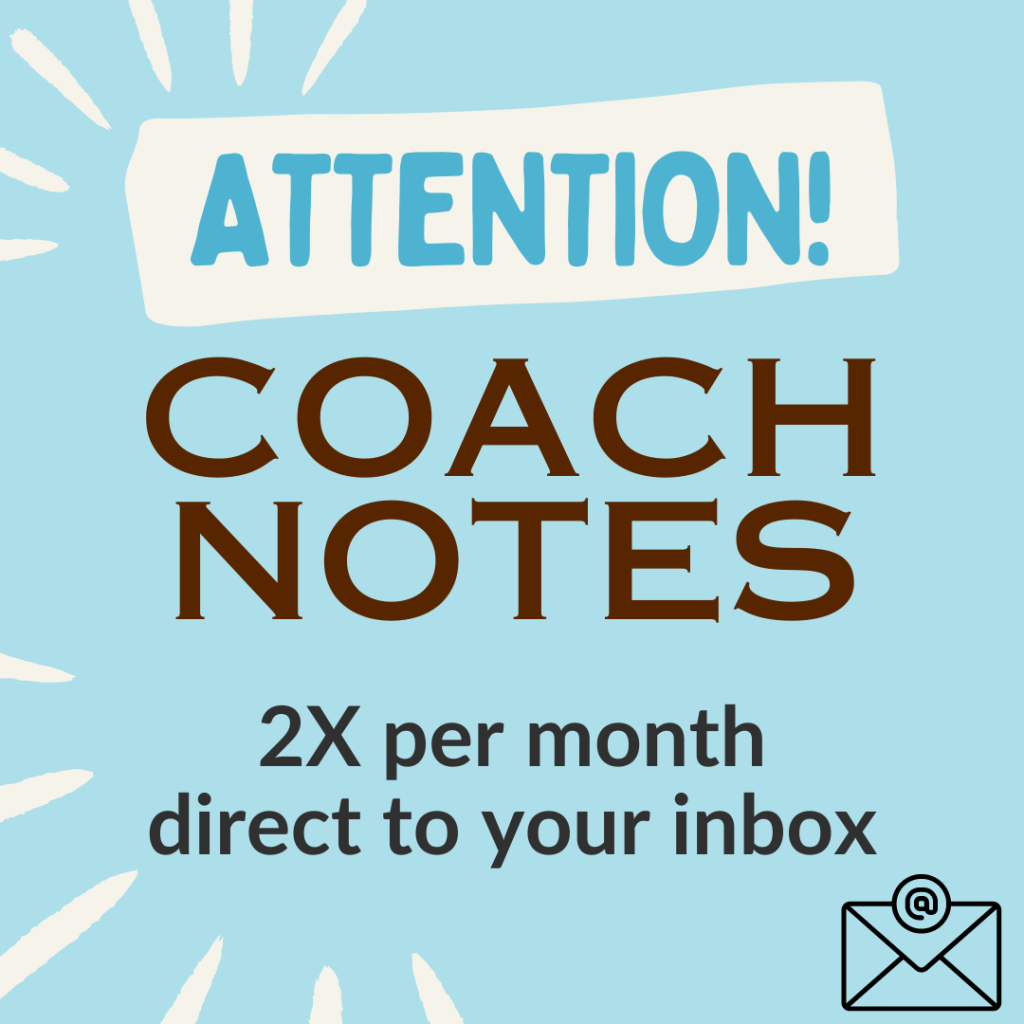Asking creative questions can change everything. A big, beautiful question can generate ideas, inspire action, influence engagement and participation, as well as solve problems and spark creative genius.
Provocative questions can answer most conundrums of life and work. Einstein allegedly said that if someone gave him one hour to solve a problem, he would spend the first 55 minutes making sure he was answering the right question.
In business, we don’t ask enough questions for fear of appearing stupid or uninformed. Or we don’t want to challenge authority or be disruptive. But research is showing that there are many kinds of questions and, asked in the right way, they can lead to breakthrough thinking and disruptive innovations, such as those created by Airbnb, Uber, Pandora, Foursquare, Twitter, Facebook, YouTube, iPhone and many others.
The Creative Process
Let’s explore some of the questioning frameworks people use to find creative solutions:
- 4 Stages: Nearly a century ago, the British psychologist Graham Wallas proposed a four-stage process of creativity. In his 1926 book The Art of Thought, Wallas observed that creative solutions appear sequentially:
Preparation => Incubation => Illumination => Implementation
This creative process is still used today in many research and innovation companies.
- 5 Whys: The “five whys” methodology originated in Japan with Sakichi Toyoda, the founder of Toyota Industries. Asking “why” five times in succession is a means of discovering the root of a particular manufacturing problem. But this can be applied to many areas, including behaviors. People are inclined to look for the easiest, most obvious explanation for a problem, so asking “why” five times leads to understanding a problem fully.
- Contextual Inquiry: When you ask questions up close and in context, using observation, listening, and empathy, you are likely to get a better understanding of user experiences. This means going beyond the office and spending time with customers to find out what they really care about.
- Connective Inquiry: One of the ways to find new ideas is to connect existing ideas in unusual ways. This is also known as “combinatorial thinking.” One successful example was when Frederick Rueckheim observed the popularity of candy, peanuts and popcorn and created Cracker Jacks , adding a small prize to each box in 1913.
- Collaborative Inquiry: It’s never been easier than in today’s interconnected world to ask for help with ideas and creative solutions. Many of the most recent start-ups are using this access to a diverse world to achieve speed, flexibility and ingenuity that would never have been possible even ten years ago.
The Why, What If and How of Creative Questioning
The ability to ask “why” has sparked innumerable inventions.
Author and journalist Warren Berger writes about this in A More Beautiful Question, a fascinating book illuminating the power of questions that lead to innovations. He outlines a framework of three sequential questions to spark the creative process:
Why? => What if…? => How might we…?
Ask “Why” and “What If”
The “why” stage is about stepping back and observing, to see and understand more fully what’s going on. Notice what others may be missing. Don’t ignore incongruencies. Investigate them. Challenge assumptions. Question the questions being asked and ask a new question.
To question well – in particular, to ask fundamental “why” questions – we need to stop doing, stop knowing and start asking, which makes most people uncomfortable. We don’t want to ask, “Why are we doing this, exactly?” We don’t want to slow down a meeting, or appear stupid.
The problem is that we are prone to act out of habit, unquestioningly. The pressure to keep moving forward is everywhere. It’s difficult to admit our common human condition of thinking we know more than we do. The ego protects itself by gravitating toward feelings of certainty. In that state of mind we’re unlikely to ask questions.
Being comfortable with not knowing is the first part of being a good questioner. Asking naive questions without feeling self-conscious is not easy to do. A beginner’s mind is open to all possibilities while an expert’s is not.
Even if you don’t yet know “how,” it’s important to ask “why” and “what if” questions. Yet even when people do ask questions, they’re often relying on assumptions and biases.
“Every time you come up with a question, you should be wondering, What are the underlying assumptions of that question? Is there a different question I should be asking?” ~ Robert Burton, On Being Certain
Ask “How”
The “how” stage tends to be a slow and difficult part of the creative process. It’s marked with failures which don’t always feel good or beneficial. To act on an idea, narrow down the possibilities and commit to finding a way to materialize it.
Sharing and feedback are a critical part of this stage. Fortunately, it’s easier now than ever to get prototypes made and reviewed. In the future, if 3-D printing becomes widely available and affordable, this might become even easier and faster.
A Culture of Inquiry
It’s happening already. We’re expected to quickly adapt to using new and unfamiliar tools every day. The technology is always changing and there are never clear instructions.
Like it or not, we are expected to adapt– now. The future is here. Most of us need to ask better questions and become better experimenters. If you’re uncomfortable asking questions, talk with a professional coach.
The best coaches, managers, consultants and therapists seem to agree: there is no substitute for self-questioning. The most important help an adviser can give is to suggest asking provocative questions, both of yourself and of others. It might be helpful to engage in “question-storming,” that is, brainstorming to generate better questions instead of ideas.
What do you think? How often are you willing to ask creative questions?

Creator of the KASHBOX: Knowledge, Attitude, Skills, Habits
Helping You Realize Your Potential
I help people discover their potential, expand and develop the skills and attitudes necessary to achieve a higher degree of personal and professional success and create a plan that enables them to balance the profit motives of their business with the personal motives of their lives.











